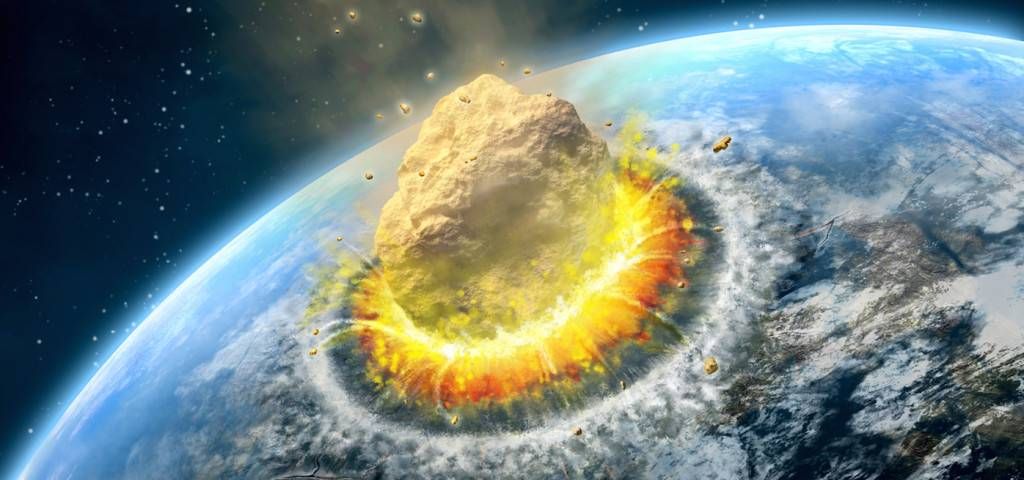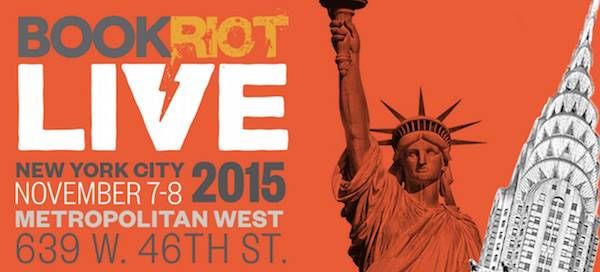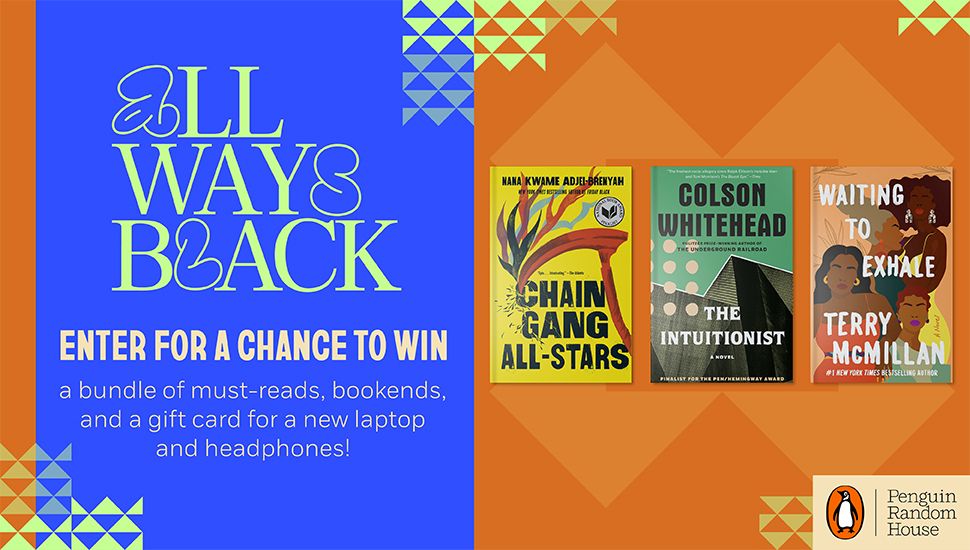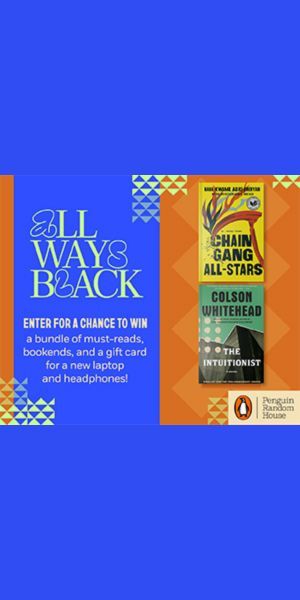
Books and Children First: Bookish Apocalypse Movies
Neatnicks beware the unread books pile. Unattended too long, it takes on a Jenga tilt, with precariously positioned volumes threatening to topple at any moment. The fall is always a jolt, though also a reminder to adjust priorities—an upside, presumably, of any unplanned, messy event.
My stack is wobbling in the corner now, so zero hour is definitely approaching. Yet I know myself well enough to admit that the yen I’ll be answering this weekend is of a less intellectual variety: I need to get my disaster film fix. This Saturday, in my world, The Rock is going to kick David Mitchell’s butt.
But is my subsequent shame even necessary? In pursuit of absolution, I came to the realization (or shaky rationalization) that many of the ridiculous seas-rising, asteroids-hurtling-Earthward, or volcanic-eruption movies I love most have a bookish bent.
In Waterworld, paper is so precious that you can apparently trade it for people— many steps too far, sure, but that’s placing some serious value in vellum. The dystopian The Book of Eli is also set in a post-apocalyptic world wherein books are a high currency. There, the title character risks everything to protect and carry a sought after volume—a Bible, readable or not—somewhere where it might lead to a new beginning.
The Core, though it’s mostly taken with journeying through molten rock, giant geodes, and Aaron Eckhart’s brooding expressions, has some bookish moments, too. As its improbable ship hurtles toward the Earth’s center, Stanley Tucci’s character drafts his certain-to-be-a-bestseller book, bloviating right up until his unfortunate end. And in Deep Impact, Robert Duvall’s Spurgeon Tanner dedicates the last days of his life to a deep space reading of Moby-Dick for a blinded fellow astronaut. (I probably would have picked a different title, but apparently Amazon doesn’t deliver to rescue shuttles.)
In The Day After Tomorrow, the Bible becomes the most prominent title again, though less because its protector is enamored of its stories than because that’s where Gutenberg chose to initiate printing itself. So while the movie is mostly a troubling exploration of worst-case scenarios related to climate change, it also becomes a reader’s ode to humanity’s gentler impulses.
Its protagonists seek shelter in the New York Public Library—where better to face down possible death? If you’re going to go, you might as well do it surrounded by Poe, Proust, and the rest. Though then there’s the horror of making the necessary decision to burn books for warmth, and the accompanying discernment: what’s preserved? What goes before we do? But it’s the poignancy of the rescue scene, in which a skeptic clutches the preserved Gutenberg Bible to his chest, determined to bring those first-printed words with him into whatever future humanity faces, that stays with you.
For me, though, 2012 bests them all for literary preoccupations. Set aside the explosions, the nations collapsing into seas and fire: the quieter center of 2012 is an indie writer’s redemption fantasy. Its wry protagonist, Jackson Curtis, whose world-end novel sold all of a dozen copies before civilization’s collapse, finds himself guaranteed a spot in the canon by chance, when a bibliophile scientist stuffs his book into a briefcase while fleeing for safety. No one’s burning incense for the apocalypse in hopes of achieving such prominence, but neither would an underappreciated writer reject the results.
The briefcase itself becomes the focus of some fantasizing for me. Mentally packing that last-ditch, portable library is a more interesting way to explore your essential books list than the desert-island game, where volumes seem to come, poof!, out of nowhere. What if you had to choose from just what’s in front of you, in a whatever-you-can-carry situation?
If your packing priorities are “no toothbrush, only books,” what winds up making the cut? Which volumes would you grab if you had mere minutes to vacate your home—just what’s in reach? Or would you be more discerning?
Do you choose the book you’ve been meaning to read, or the one that you think has tremendous aesthetic value? What do you make yourself let go of, maybe eternally—because who knows how these ship-building fools chose to prioritize when stocking the rescue vessels? Which of our books are forever to us?
I’m going to pretend that buying a ticket to this week’s California-collapse movie constitutes a potential readerly exercise. Maybe the Rock tucks a poem or two into his rescue vest; maybe his helicopter is outfitted with novels. It could happen. So I’ll let myself approach San Andreas’s catastrophes wondering: if it came to that, what would we take with us?
What would you?
____________________
Book Riot Live is coming! Join us for a two-day event full of books, authors, and an all around good time. It’s the convention for book lovers that we’ve always wanted to attend. So we are doing it ourselves.















